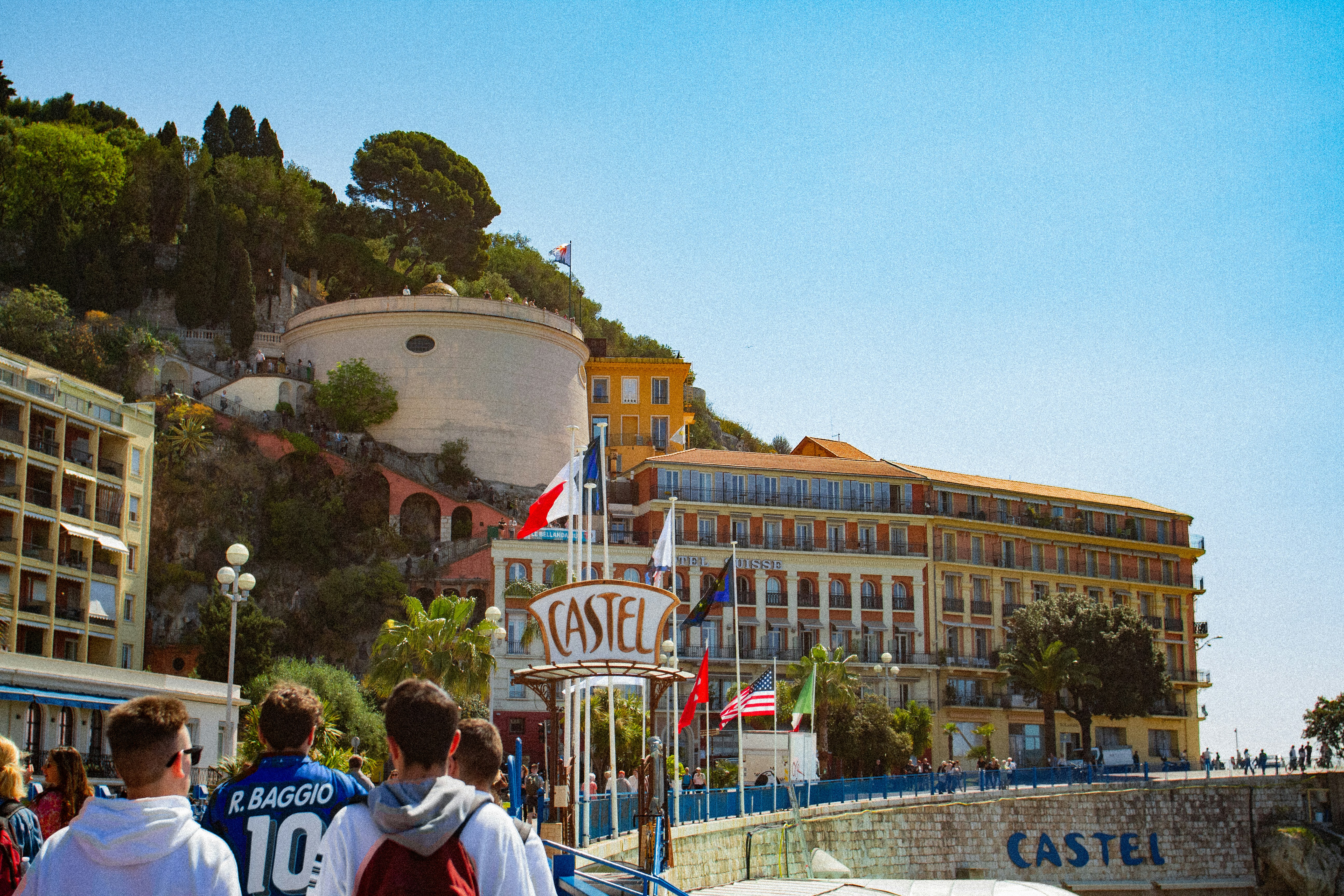
Introduction to Guernsey
Guernsey, an island located in the English Channel, is one of the smaller yet significant members of the Channel Islands, positioned roughly 30 miles from the coast of France and 60 miles from the south coast of England. Covering an area of approximately 24 square miles, Guernsey boasts a diverse landscape characterized by stunning coastal cliffs, sandy beaches, and lush countryside. The island is known for its mild maritime climate, making it an appealing destination for visitors year-round.
The historical significance of Guernsey dates back centuries, with evidence of human habitation as far back as the prehistoric era. It has a rich tapestry woven from various cultures, largely influenced by its proximity to both Britain and France. Over the years, Guernsey has undergone some historical shifts in governance, having been part of the Duchy of Normandy before becoming a British crown dependency. This unique status grants the island autonomy and self-governance while linking it to Britain for defense and international representation.
Guernsey’s culture reflects a fascinating blend of British and French influences, evident in the local dialect, cuisine, and traditions. The Guernésiais language, a Norman dialect, is still spoken by some residents, showcasing the deep-rooted connections to France. The island’s culinary scene is equally influenced, offering a variety of dishes that highlight both British and French gastronomic traditions. From seafood delights to traditional baked goods, visitors can indulge in a rich and diverse culinary experience.
The combination of its breathtaking scenery, cultural richness, and historical depth makes Guernsey an increasingly popular destination for tourists seeking a unique holiday experience. As travelers explore the island, they discover not only its natural beauty but also the enduring legacy of its diverse heritage.
Things to Do in Guernsey
Guernsey is a captivating destination offering a myriad of activities for visitors, ranging from outdoor adventures to cultural experiences. With its stunning coastal scenery, the island presents ideal opportunities for hiking and cycling along its well-maintained coastal paths. As you traverse these scenic routes, you will encounter breathtaking views of cliffs, rocky beaches, and the vast expanse of the Atlantic Ocean, making it a perfect backdrop for both leisure and exploration.
A notable highlight for history enthusiasts is the German Occupation Museum, which provides a profound insight into Guernsey’s tumultuous past during World War II. Through an impressive collection of artifacts, photographs, and personal stories, the museum paints a vivid picture of life on the island during this challenging period. Another historical gem worth visiting is Castle Cornet, a fortress that dates back to the 13th century. This magnificent structure not only showcases a well-preserved castle experience but also hosts a wealth of exhibitions and stunning gardens, making it a great place for families and history buffs alike.
For those seeking adventure, watersports are a popular attraction in Guernsey. From kayaking to sailing and stand-up paddleboarding, the crystal-clear waters around the island provide an excellent environment for both seasoned enthusiasts and beginners. In addition to these outdoor activities, engaging with local events and festivals is an opportunity to experience Guernsey’s rich culture. Events such as the Guernsey International Film Festival and the annual Late Summer Music Festival allow visitors to connect with the local community and enjoy a diverse array of performances and culinary delights.
Ultimately, Guernsey is replete with activities and experiences that appeal to a wide range of interests, making it a worthwhile destination for any traveler.
Culinary Delights and Local Flavor
Guernsey presents an enticing culinary landscape, showcasing a variety of local delicacies that reflect the island’s rich maritime heritage. Renowned for its fresh seafood, Guernsey offers visitors an opportunity to indulge in dishes made from species sourced directly from its surrounding waters. From succulent crabs and lobsters to flavorful fish, the freshness of the seafood truly sets the culinary scene apart. Some must-try dishes include the delectable Guernsey crab pâté and traditional fish chowder, which pay homage to the island’s fishing industry.
Beyond seafood, the island also boasts an array of traditional dishes that embody local culture. Among these, one might encounter the beloved Guernsey bean jar, a hearty casserole traditionally made with a mix of meats and beans, simmered to perfection. Additionally, the island is famous for its unique Gâche, a sweet bread enriched with fruits and spices, best enjoyed with a cup of local tea. These specialties are often available in many of the island’s charming cafes and eateries, allowing visitors to experience the authentic flavors of Guernsey.
Guernsey’s thriving restaurant culture is further punctuated by its diversity. From high-end dining establishments that focus on gourmet interpretations of classic recipes to cozy cafes that serve comforting local fare, the options are plentiful. Restaurants such as The Demon Chef provide an upscale experience with an innovative menu, showcasing seasonal ingredients. In contrast, venues like Café Victoria offer a relaxed ambiance paired with delicious homemade treats. To truly appreciate the culinary landscape, exploring the local market at St. Peter Port can also yield delightful finds, from artisanal cheeses to locally produced wines, adding further layers to the island’s gastronomic identity.
Practical Tips for a Memorable Visit
Planning a trip to Guernsey requires careful consideration of various factors to ensure a memorable experience. Understanding the best time to visit is essential. The peak tourist season runs from May to September, offering pleasant weather ideal for exploring the island’s stunning beaches and scenic countryside. However, if you prefer a quieter atmosphere, consider visiting during the shoulder months of April or October, when the crowds are fewer, and accommodation rates are generally lower.
Traveling to Guernsey can be achieved via direct flights from several UK cities and ferry services from both England and France. The airport is conveniently located near St. Peter Port, with public transport options available to help navigate your way to various accommodations. When it comes to lodging, a range of options caters to different preferences and budgets, from charming bed-and-breakfasts to upscale hotels. Booking in advance can often secure the best rates, especially during peak season.
Once in Guernsey, getting around is straightforward, thanks to an extensive public transport system comprising buses that connect popular destinations. For those wanting to explore more independently, bike rental services are available and offer a fantastic way to see the island’s picturesque landscapes at your own pace. When interacting with locals, it is advisable to familiarize yourself with basic cultural etiquette, such as being polite and respectful, which goes a long way in fostering positive interactions.
Safety is generally not a significant concern in Guernsey; however, it’s wise to take customary precautions. Be aware of some travel restrictions that may apply, especially regarding ferry and flight schedules. Adhering to local regulations and being aware of any updates will ensure a smooth journey. Following these practical tips will help you make the most of your visit to Guernsey, allowing you to immerse yourself in the island’s rich history and vibrant culture.


